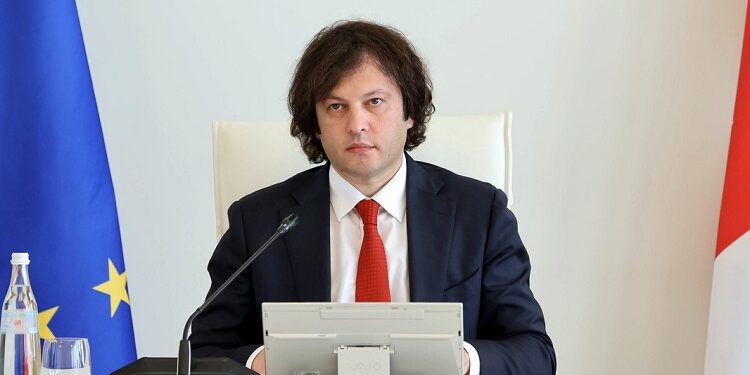Eduardo González
The Government of Spain has asked the Georgian authorities on Monday to explain the “irregularities detected” in the legislative elections of this country and to decide “whether they respond to the European aspirations of Georgian citizens.”
“In relation to the parliamentary elections in Georgia, Spain takes note of the result announced by the Central Electoral Commission of Georgia and the report of the OSCE observation mission,” the Ministry of Foreign Affairs said in a statement.
“We trust that the authorities will provide explanations for the irregularities detected in the electoral process,” he continued. “The Georgian authorities will also have to decide whether they respond to the European aspirations of the citizens of Georgia,” warned Foreign Affairs. “We also call on the authorities to respect the right to peaceful demonstrations of Georgian society,” he concluded.
A group of electoral observers, including the OSCE and an EU parliamentary delegation, denounced that the electoral day in Georgia was marked by threats, harassment and violence in favour of the ruling party, Georgian Dream.
The Spanish MEP of the EPP and president of the Electoral Observation Delegation of the European Parliament, Antonio López-Istúriz, assured that Georgian Dream led a “sophisticated, extensive and well-orchestrated plan” aimed at silencing the opposition.
EU election observer Reinhold Lopatka denounced the parliamentary elections as “marred by uneven conditions, pressure and tension” and criticised the use of surveillance cameras in almost all polling stations and attacks on opposition parties before the vote.
In a statement issued after the results and allegations of irregularities were announced, the European Commission and High Representative Josep Borrell stressed the need for a “constructive and inclusive dialogue” in Georgia and urged the country to adopt democratic reforms that are aligned with European principles.
Meanwhile, European Council President Charles Michel announced his intention to include Georgia on the agenda of the informal European Council meeting in Budapest. Michel called on the Georgian authorities to investigate the allegations of electoral irregularities in a swift, transparent and independent manner and added that the Council will assess the situation in November and decide on the next steps in EU-Georgia relations.
Georgian President Salome Zourabichvili has rejected the results, which gave 54% of the votes to the pro-Russian Georgian Dream party, and has called on citizens to take to the streets in protest, warning that these elections would “legitimize Russia’s control over the country.”
Brussels in July indefinitely suspended the accession process of Georgia, a candidate country since December 2022. This decision included the suspension of financial support from the European Peace Fund, which had allocated 30 million euros for 2024, following the approval of a “foreign influence law” in June, inspired by Russian legislation. The European bloc had already repeatedly warned of the risk faced by Georgia by “deviating from the path towards the Union” with measures such as the foreign influence law.
The law, which contradicts the Constitution of the Republic of Georgia itself in its Article 22, has even been vetoed by the country’s Presidency. The government, led by Irakli Kobakhidze, has nevertheless announced its intention to lift the veto of President Salome Zurabishvili and pass the law anyway.







